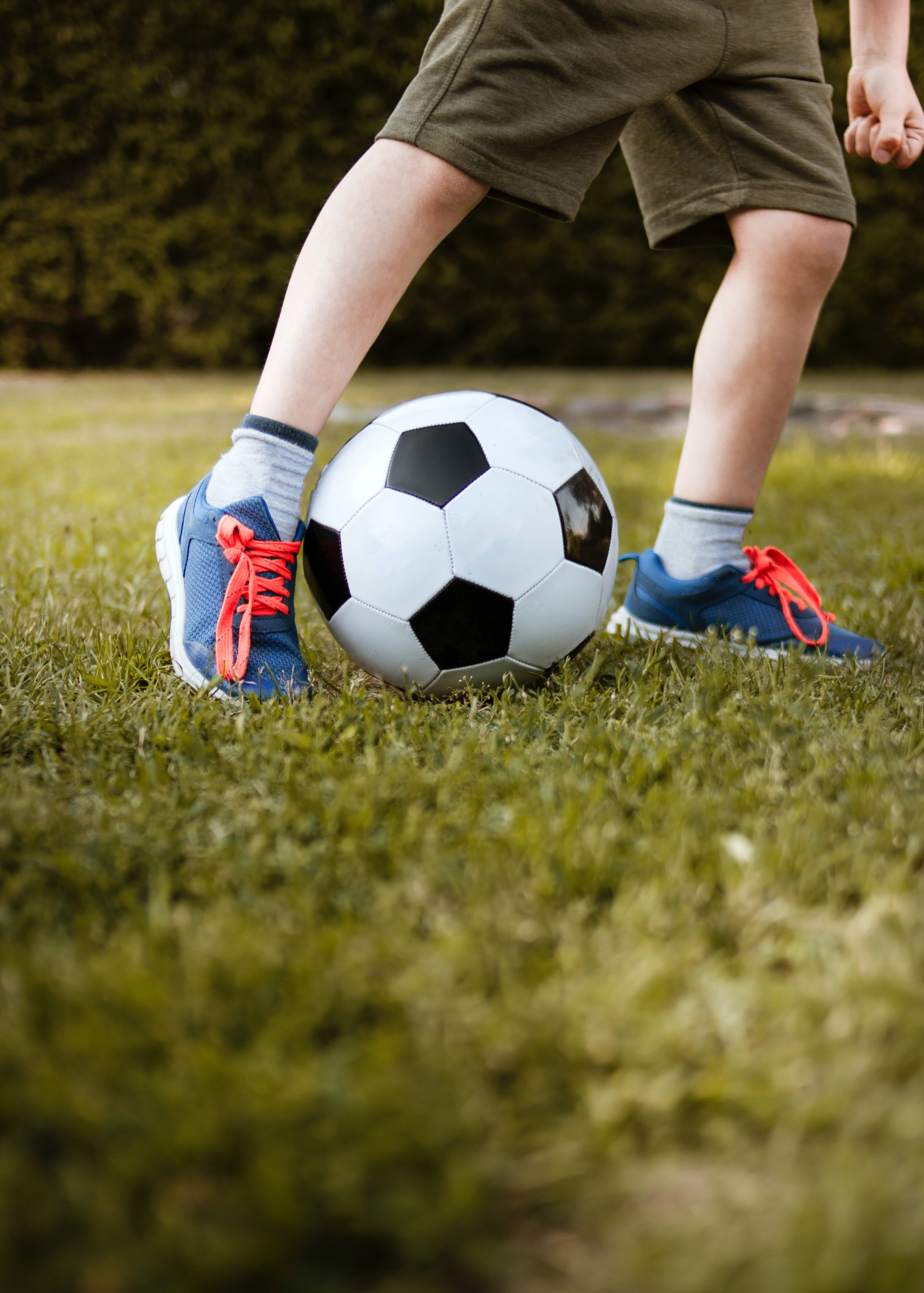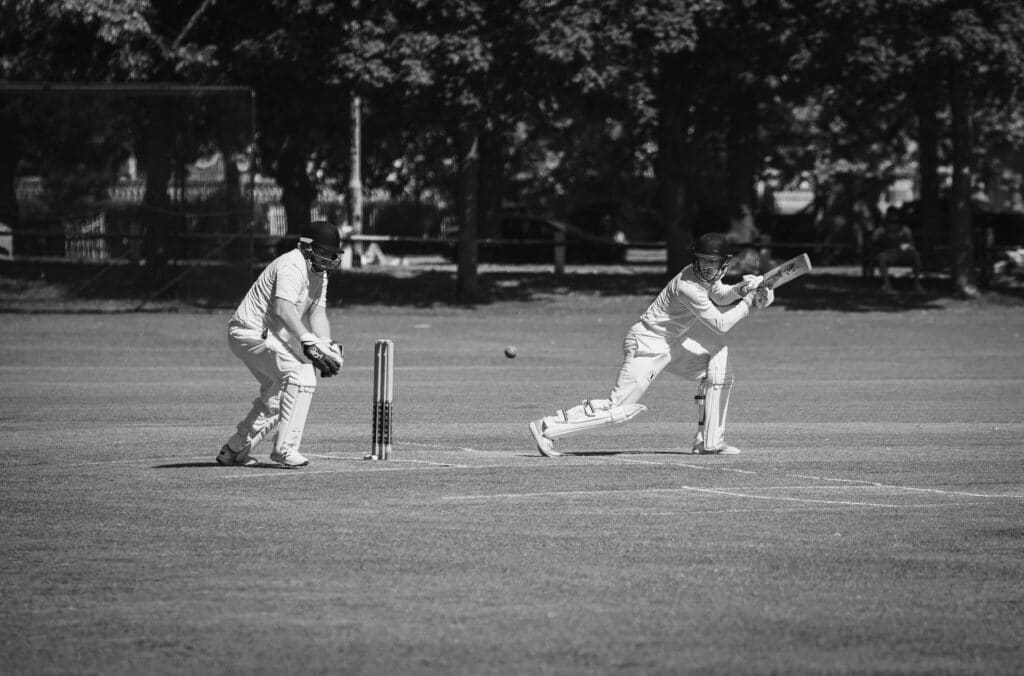Common adolescent sporting injuries
What we’ll cover
Common adolescent sporting injuries
Any sport, whether it be individual or team-based, carries with it the risk of injury. Often sport-related injuries are thought to be a part of the game and unavoidable, however, for most cases this is untrue.
Injuries can be classified into acute or overuse in nature. With a number of social sporting associations looking to return, our physiotherapist Laura Scott goes through some of the most common sport-related injuries seen in adolescents.
Lateral Ankle Sprain
A rolled ankle or lateral ankle sprain is one of the most common acute injuries seen in children’s sport. Whilst often thought to be an injury that would heal with time, one study showed that within 6 months of the initial injury, 65% of participants still reported moments of instability, and a further 24% reported subsequent sprains.
Strength, proprioception and agility are all key elements to your child’s rehabilitation following injury to help ensure the integrity of the ankle joint and prevent future injury.
Whilst these above elements are great for rehabilitation following an ankle sprain, they can be just as useful to implement as a preventative measure. Having adequate strength and proprioception around the ankle joint will help to lower the risk of injury and more importantly time spent not playing sport. Specific ankle exercises are the only way to improve stability around the ankle.
Anterior Cruciate Ligament
Injury to your child’s ACL can occur in both contact and non-contact sports. Unfortunately female adolescent athletes have the highest risk for an ACL injury, with the incidence of injury 4-6x higher than males. Females aged between 15-19 years of age report the greatest number of ACL injuries
The ACL itself is one of four ligaments that help to support and stabilise the knee. Specifically the ACL prevents both the forward translation of the shin bone (tibia) and protects the meniscus of the knee.
In around 80% of instances, an ACL rupture occurs without any contact from another player. More often, it occurs when the athlete is landing, changing speed or changing direction.
Neuromuscular training programs are rolled out across numerous sporting codes to work on prevention of ACL injuries. Programs such as the KNEE Program and Fifa 11+. Components of such programs incorporate progressive strengthening of both core and lower limbs, plyometric work including running, jumping and change of direction, and lastly proprioception. Principles from such programs underpin the structure of recently launched Family Fit here at Malvern East Physiotherapy.
Patello-Femoral Pain Syndrome
Patello-Femoral Pain Syndrome (PFPS) is an overuse/overload injury most commonly attributed to poor biomechanics (e.g. foot posture) as well as reduced proximal stability around the pelvic/hip region. Altered biomechanics lead to imbalance of load and maltracking of the knee cap itself with activity.
PFPS is most commonly seen in children who participate in sports involving a high demand for running and jumping which increase load on the knee joint itself.
PFPS results in irritation of the patello-femoral joint and thus early on it’s sometimes necessary for patients to take a small break from sport in order to reduce inflammation, settle your childs pain and address muscular imbalances.
Osgood Schlatters
Osgood-Schlatters is a common cause of pain experienced at the front of the knee. It is caused by excessive and repetitive strain from the quadriceps muscle during sporting activities.
This injury is most commonly seen in children and young adolescents, and is more commonly experienced in boys aged 10-14. During this age, children/adolescents often experience periods of rapid growth however bones and cartilage grow at a much faster rate than muscles and tendons. This leads to an increase pull of the quadriceps muscle causing both irritation and inflammation on its bony attachment.
With more and more activity, the flexibility of the quadriceps muscle is further reduced leading to ongoing and persistent pain.
Severs
Similar to Osgood Schlatters, Severs Disease is another growth related injury. Often felt as pain localised to the heel, it is seen in young and physically active children. Severs disease is often seen in those aged 8-12 as the heel bone (calcaneus) under goes growth.
Your child may often experience pain during physical activity, specifically sports involving large amounts of running and jumping. Furthermore pain is often still prevalent even once activity ceases potentially causing your child to tiptoe and avoid placing pressure on the heel itself.
What to do if your child is experiencing pain?
If your child is experiencing any pain with activity it’s recommended that you seek professional advice in order to allow for a thorough assessment and diagnosis to take place. Physiotherapists can accurately diagnose your child’s injury by performing a thorough assessment which includes listening to your child’s injury history and a clinical examination.
Our team at Malvern East Physiotherapy work closely with a number of junior sporting associations and teams. If your child is experiencing musculoskeletal injuries or pain call us or book online today. When assessed and treated early, it results in decreased recovery time and minimal (if any) time spent away from sport.














